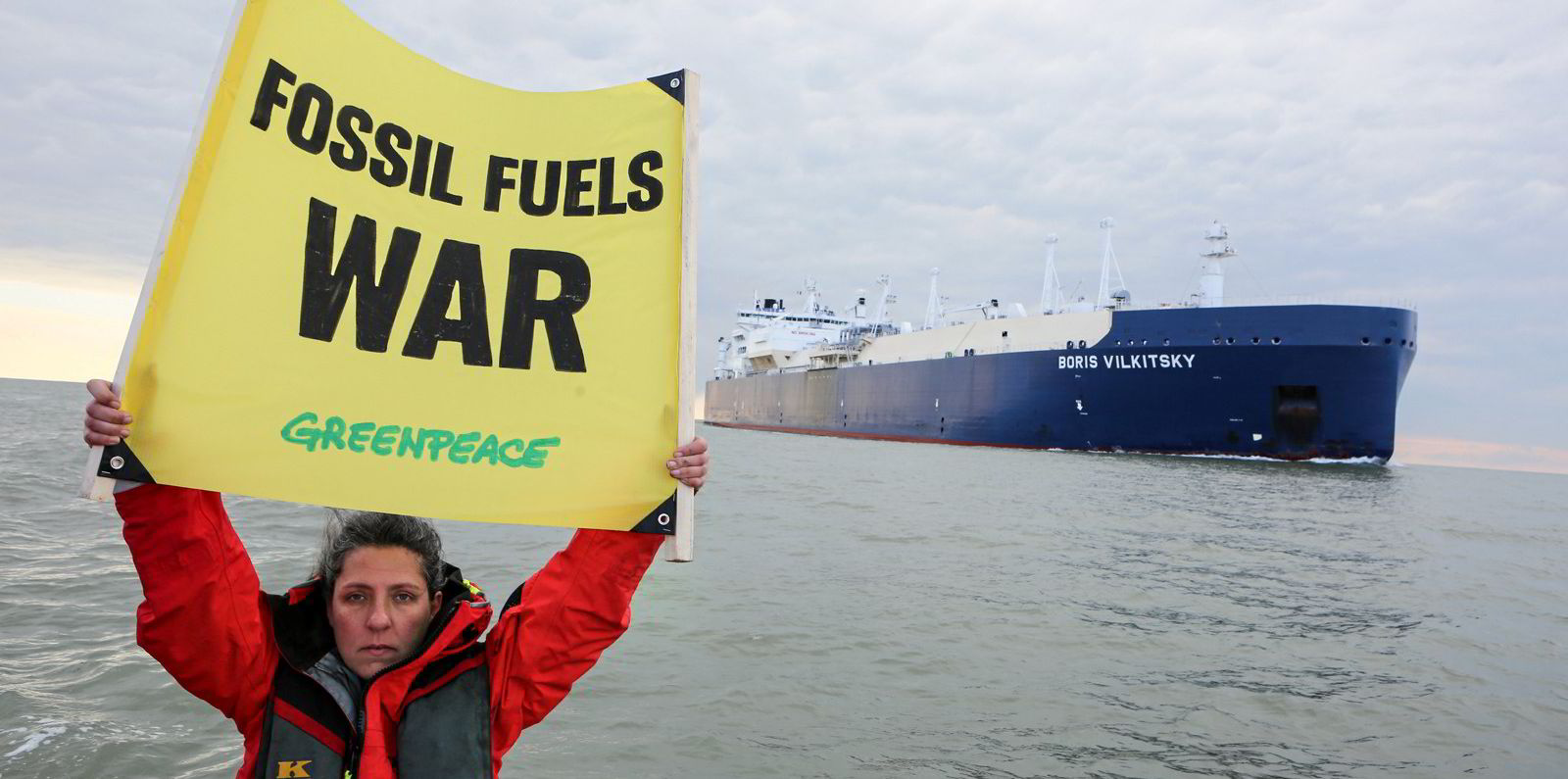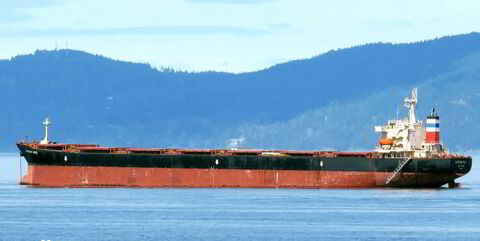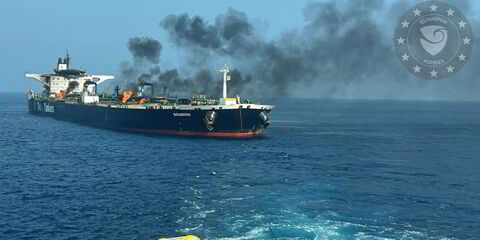Shipowners’ organisation Bimco is predicting potential demand destruction from the Ukraine war that will hurt all vessel markets.
Looking beyond any short-term export implications, the Denmark-based body’s chief shipping analyst, Niels Rasmussen, is taking a wider and distinctly bearish view of the conflict’s impact on the global economy.
Immediate commodity price increases and supply challenges are likely to be felt throughout 2022, and sanctions against Russia are not likely to be lifted any time soon, he believes.
“This may have sustained spill-over impact on the global economy,” he said.
Oil, wheat and maize — all key exports from Russia and Ukraine — are trading at decade-highs already, fuelling inflation further.
Increased shipping costs due to historically high bunker prices will add to the inflationary pressure, and higher prices may lead to destruction of demand as consumers and businesses prioritise spending, Rasmussen forecast.
He also pointed to a study by the National Institute of Economic & Social Research in the UK that estimates the war could reduce global GDP growth by as much as 1%.
“No matter the specific Russia and Ukraine export developments, this will hurt growth projections for all shipping sectors,” Rasmussen said.
The situation might delay a long-awaited tanker recover, he believes, due to soaring prices denting demand.
China could buy more Russian oil, and European buyers turn to the Middle East, boosting tonne miles.
Bulkers facing negative outlook
But despite this, Rasmussen foresees overall demand still suffering if high prices are sustained.
“We therefore believe that the much-awaited rebound in the tanker markets will be further delayed and be more muted than otherwise expected,” he said.
As for bulkers, he finds it hard to imagine that what is left of Ukraine’s 2021 harvest will be shipped. The 2022 harvest may also be hit.
“How much of Ukraine’s export can be replaced by export from other countries remains to be seen, but to the extent that it is possible, it could lead to increased tonne-miles demand,” the analyst said.
“All in all, we believe that despite possibilities of increasing tonne-miles demand for certain commodities, the war in Ukraine is a net negative for the bulk market, driven by both a lack of commodity supply and reduced demand due to price increases.”
Container ships more lightly affected
In the container ship market, soaring demand and rates will come back to earth faster if growth is hit, Bimco predicted.
Many of the largest container lines have decided to suspend bookings to and from Ukraine and Russia even though no sanctions are currently in place.
Neither is a key market, but Rasmussen warned that on specific trades the loss of Russian and Ukrainian volumes may be felt — particularly for reefers.
“The impact of the war on the global economy and consumer confidence may, however, weaken growth prospects,” he said.
But any impact is probably some way off yet, he added.





